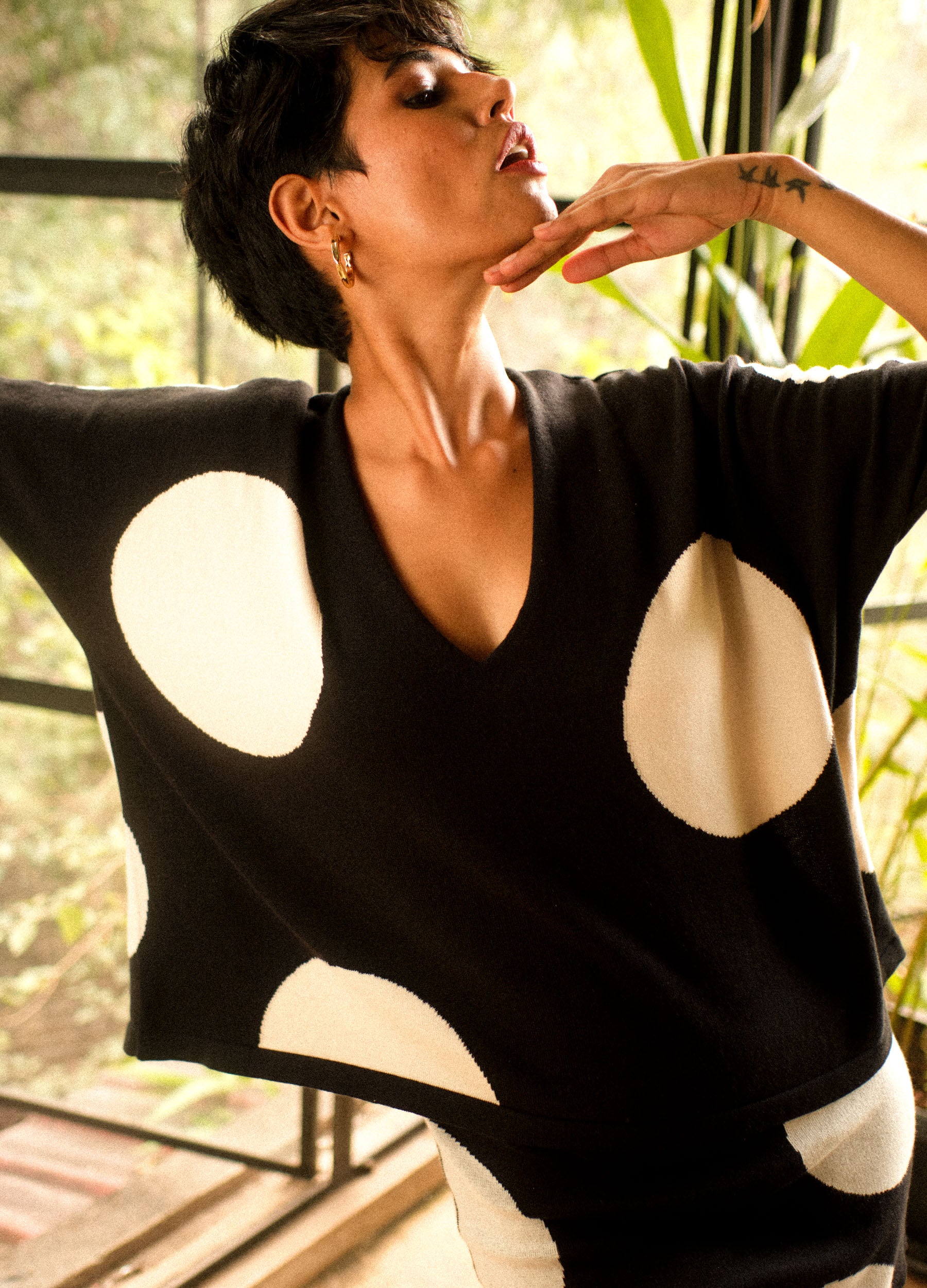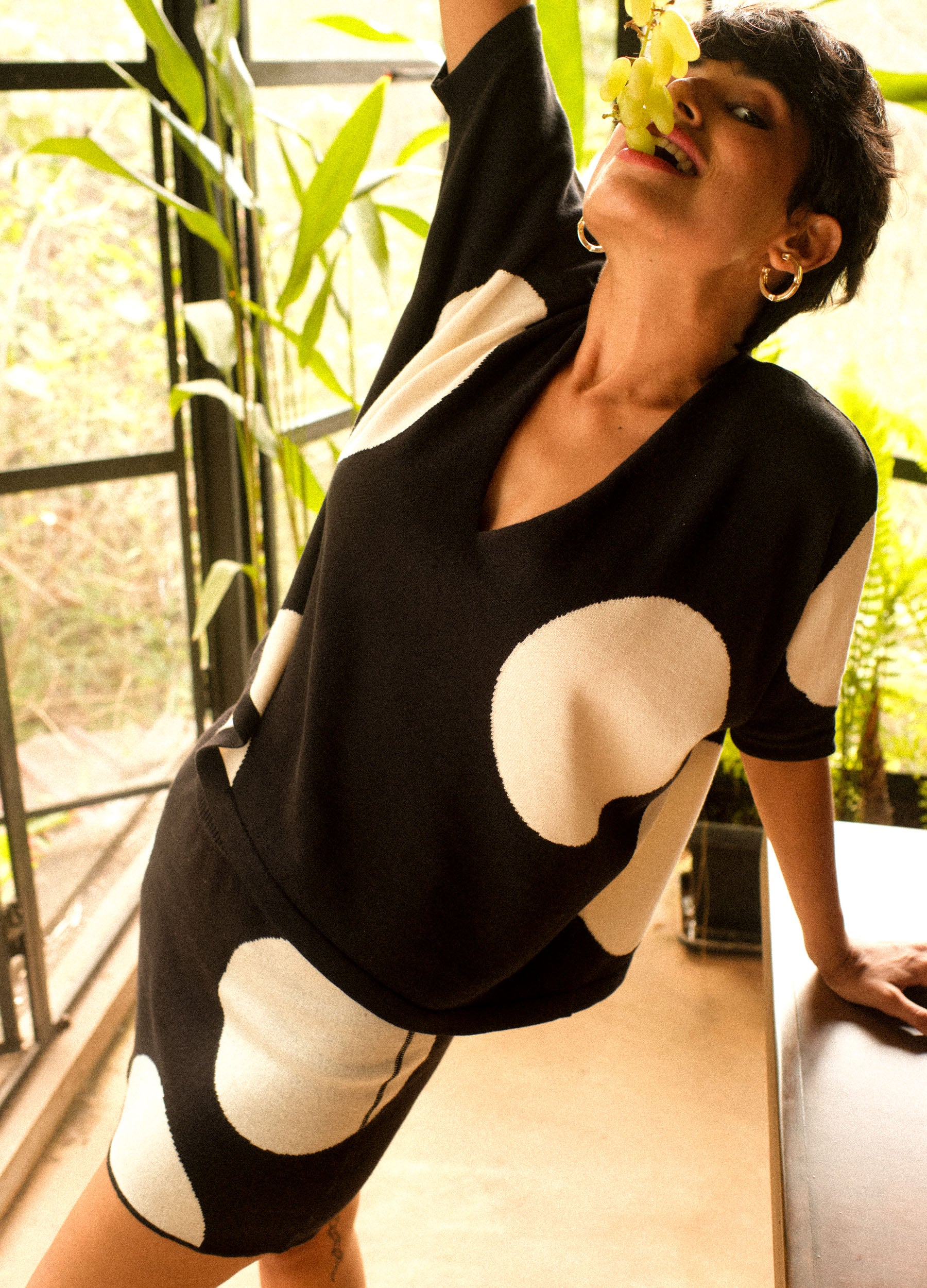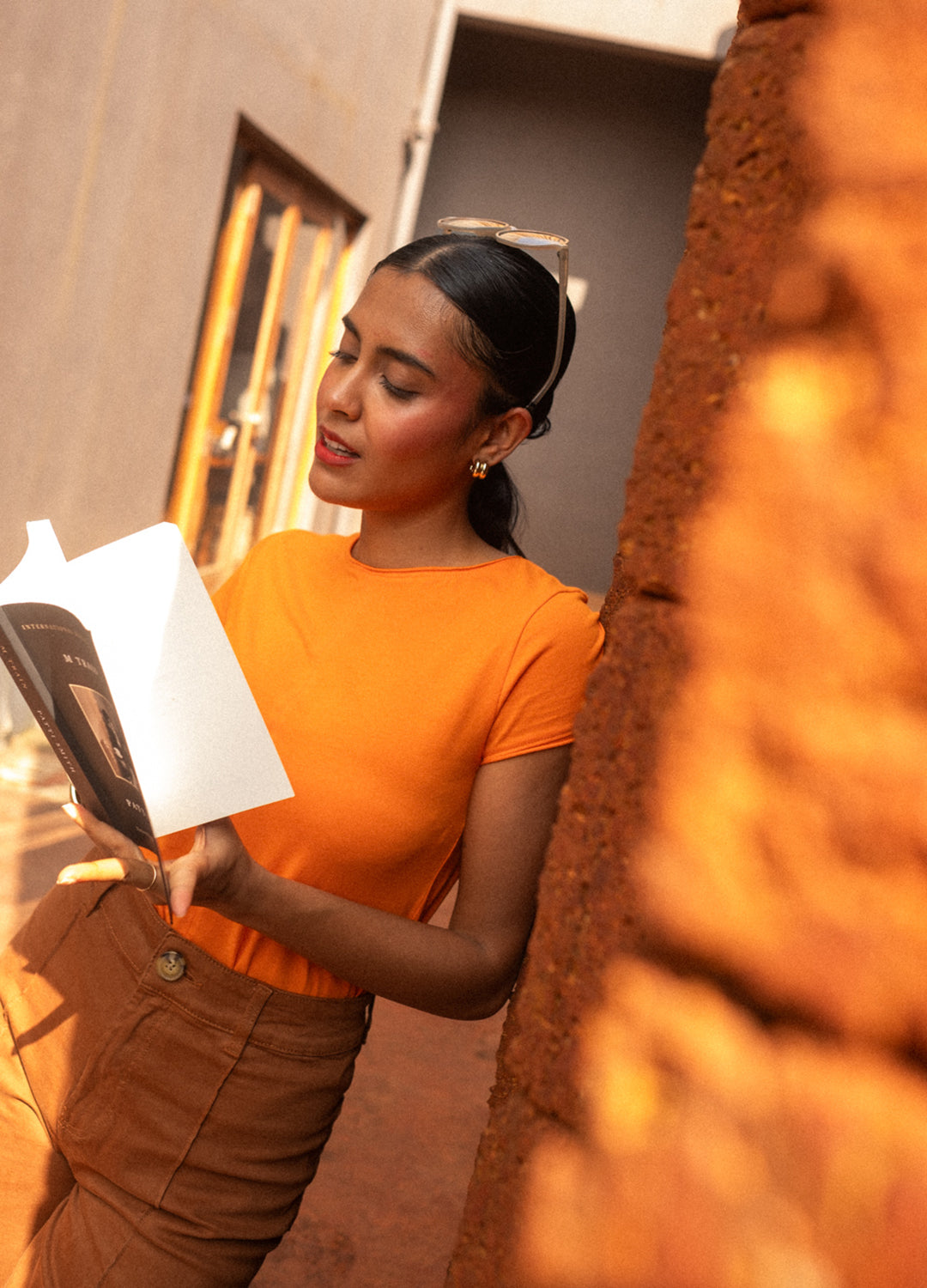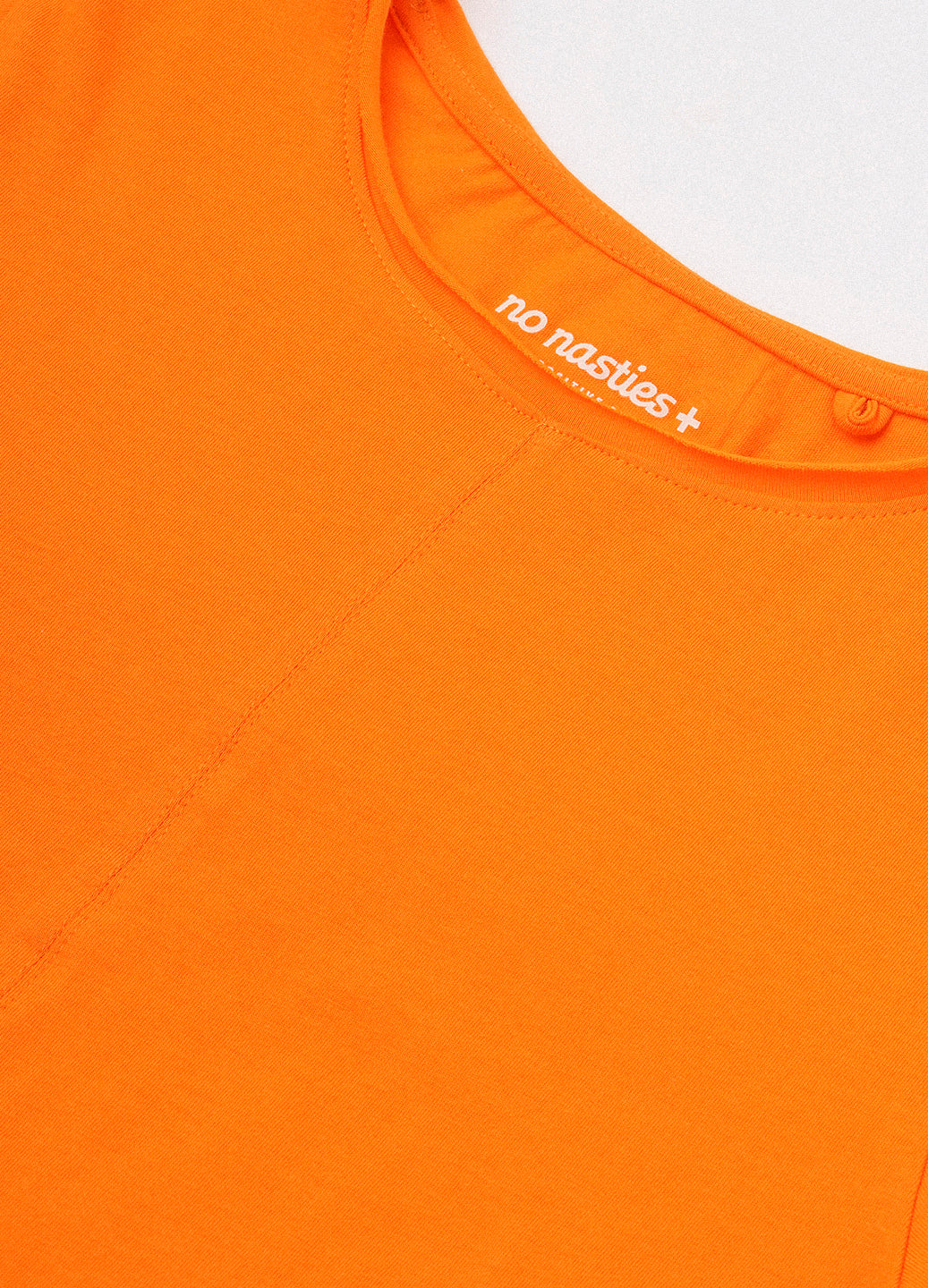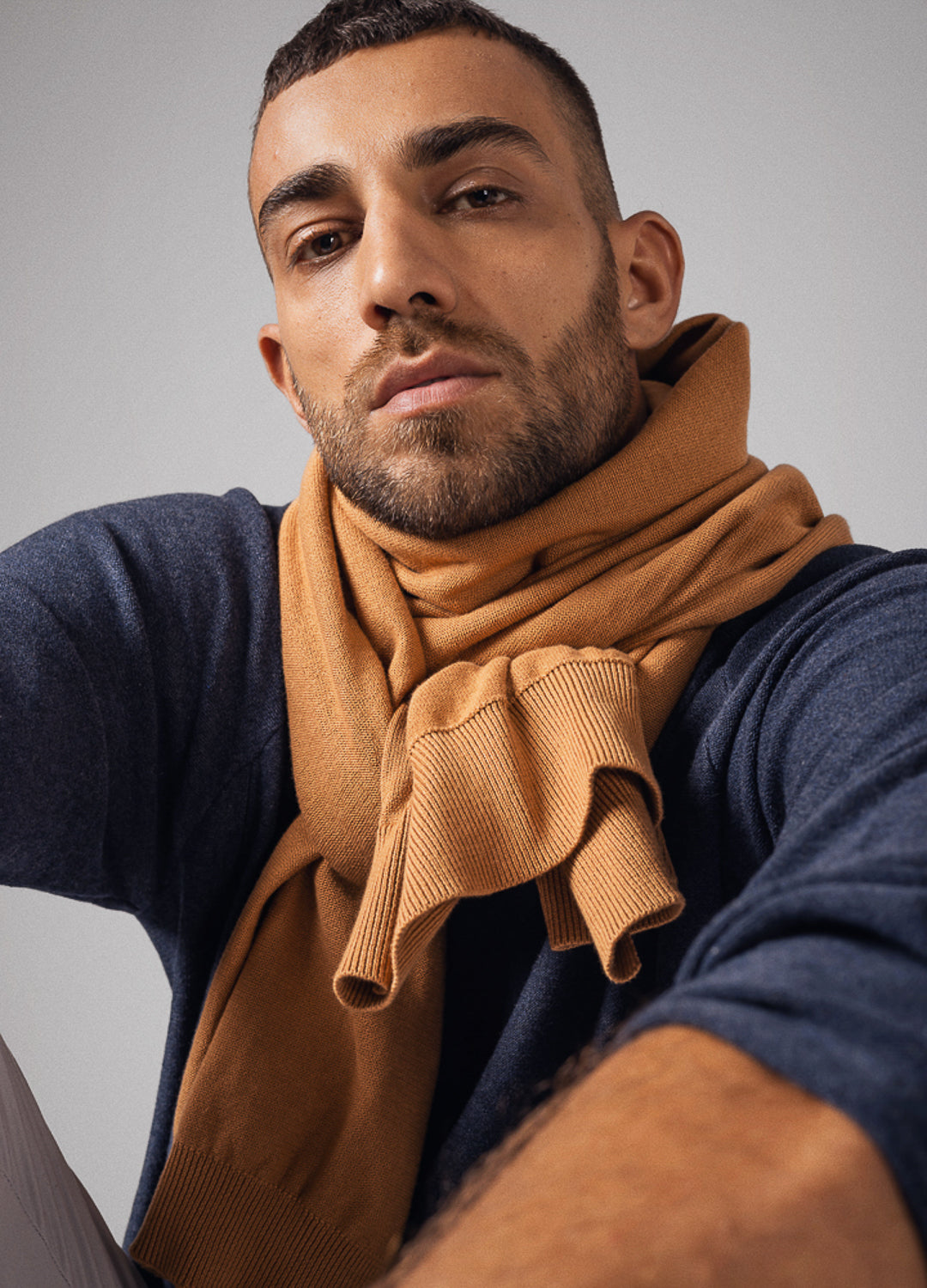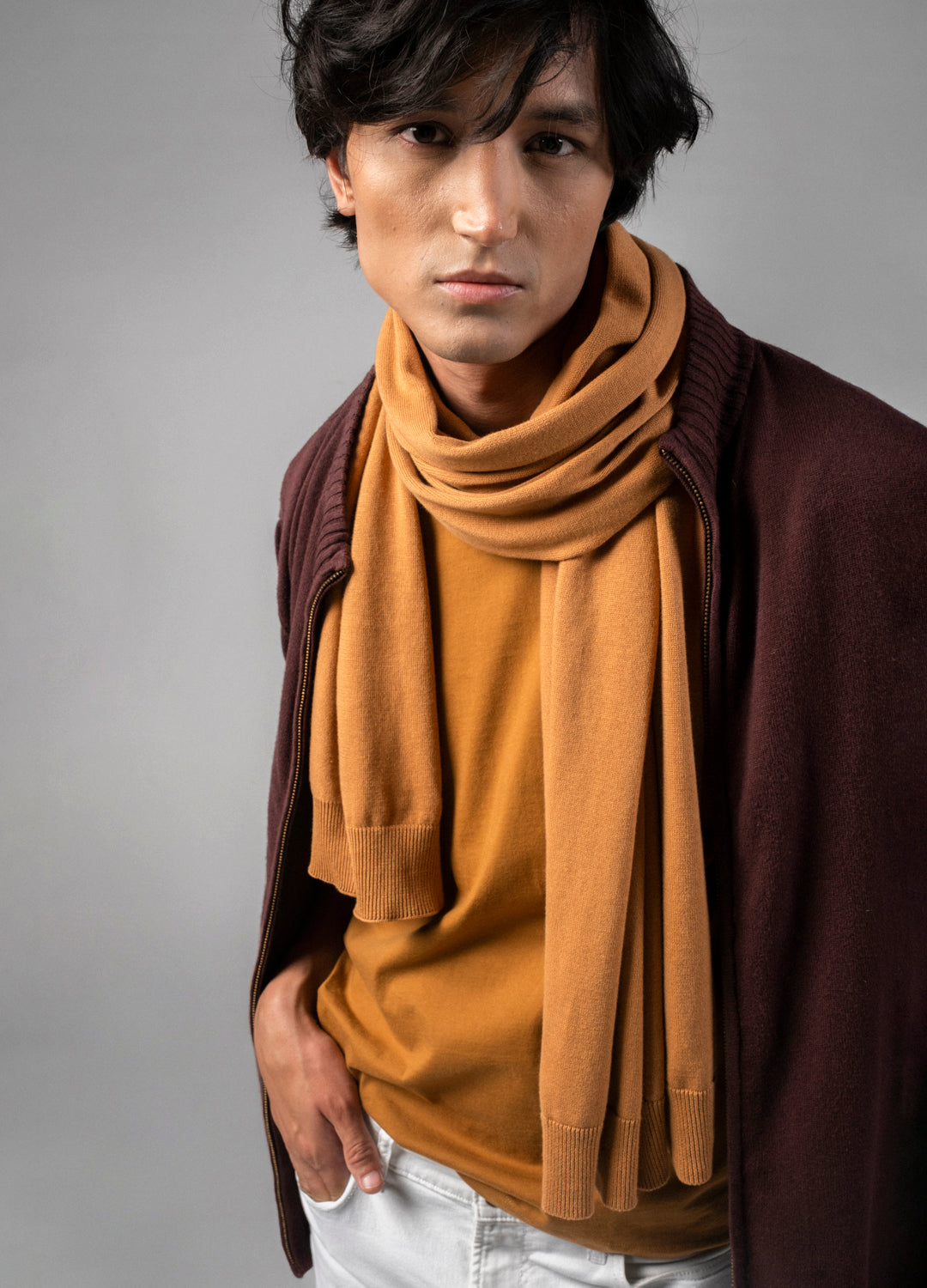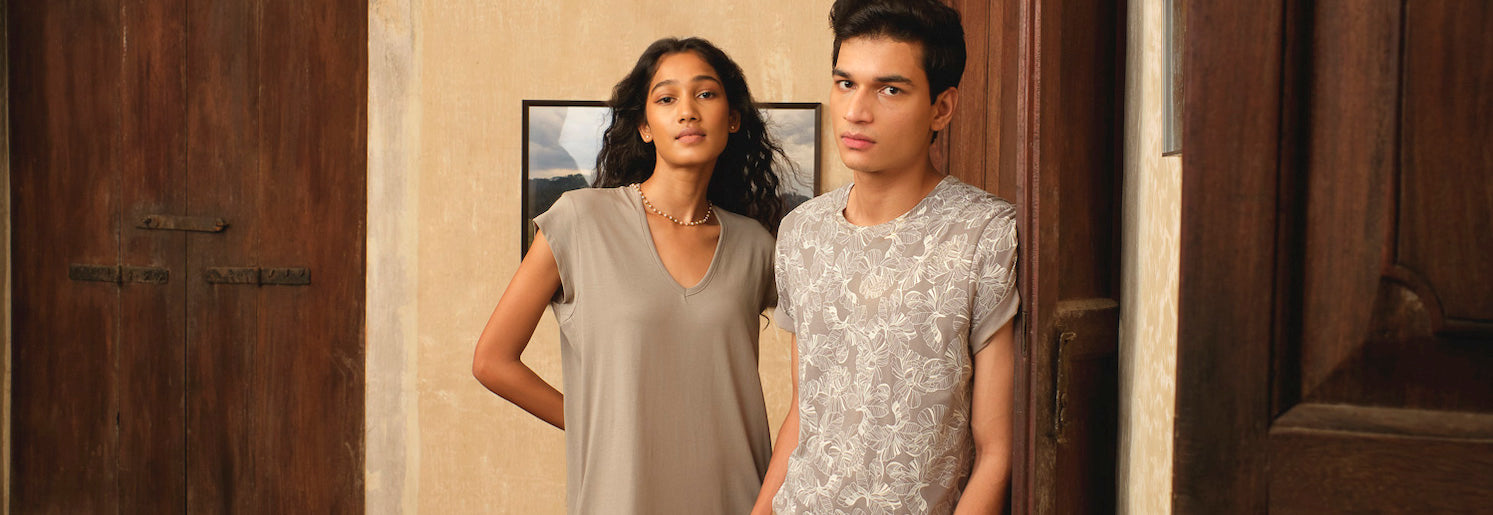No Nasties is India’s first Fairtrade licensed, organic clothing brand.
While we’re proud of it, we do wish many more Fairtrade brands come up as time goes on. (It’s about collaboration, not competition!)
But what IS it anyway? What is the meaning of Fairtrade? Let’s frame the problem first.
The problem with free trade products
Developing countries (largely across Asia, Africa, South America) are often producer states that grow and supply key commodities (foods, fibres, spices, coffee, cocoa etc) to the rest of the world. More often than not, terms of trade are not in favour of producers who, in addition being pressured and exploited, are subjected to the speculative volatility (whims, really) of the free market. This frequently results in hopeless, distressing situations for farmers that are EXTREMELY unfair. The farmers don’t get their due. And let’s not even get into broken borrowing systems and the malaise of middlemen.
Across the globe, we’ve heard numerous incidents of human rights violations, trafficking, child labour and suicides concerning producers on fields, farms and plantations. Nasty, isn’t it?
Those (literally) responsible for putting food on our table live less than fortunate lives, sadly. And that’s just not done.
Fairtrade vs free trade
This is the problem Fairtrade sought to address through a system of codified, international measures, once it was formally constituted as an organisation in the early 90s - Improving livelihoods for producers by making trade fairer. It has since grown into a global network with local chapters in different countries and regions. India also became a part of countries with their own local Fairtrade entity - Fairtrade India.
Fairtrade measures are implemented through a system of certification and labelling, whereby the ‘Fairtrade mark’ represents that the principles and standards of Fairtrade were followed in the course of bringing commodities to consumers. We’ll unravel this a bit more, but long story short, a commodity (whether a fruit or a bar of chocolate or a t-shirt) bearing the Fairtrade mark warrants that producers who grew said commodity were paid fairly and dealt with on fair terms, such that they are able to sustain their livelihoods.
So, essentially, it’s one concerted step towards a more equitable system of trade. It’s an assurance that the product you’re buying was sourced ethically.
That’s kind of cool, right? A Fairtrade label means no nasties!
While it still may not be a household term in many places (India included), Fairtrade, as a movement, has achieved significant success in many European nations, most notably the UK, which even boasts of Fairtrade towns and schools, with over 75% of people recognising the Fairtrade label. That’s impressive!
No Nasties was featured in this video that explains why Fairtrade products are a better choice. Shop the Orchid Tiered Dress here.
Okay, but how does it really work?
There are three core elements that make up the Fairtrade system:
Fairtrade Minimum Price: A base price stipulated for each commodity, taking into account average costs incurred to grow and sell. This safeguards farmers against market fluctuations.
Fairtrade Premium: A premium paid over and above the Minimum Price (a fixed percentage defined for each commodity) — usually 10-15%. This premium is utilised for community welfare projects as mutually decided by producer organisations. These could be for healthcare, education, agricultural infrastructure or anything else - it remains at the discretion of the producers.
Fairtrade Standards: Standards are qualitative and defined separately for each commodity as well as stage of supply chain (producers, traders) to ensure ethical conduct. They provide for strict requirements regarding issues such as no child labour, gender equality, payment terms, labour conditions etc. For producers, there are additional detailed requirements regarding the farming processes as well.
As a system, Fairtrade inherently encourages cooperation among producers and seeks to empower them. Therefore, farmers are required to organise themselves into producer organisations. The organisations then collectively educate members, monitor adherence to standards, sell their produce and work on community projects with the Fairtrade Premium earned.
So when producers meet Fairtrade Standards, they can sell their produce at the Fairtrade Minimum Price and earn Fairtrade Premium. And when traders (including manufacturers, processors etc) meet their Fairtrade Standards, they can sell products to consumers with the Fairtrade mark. Simple.
As seen in many countries, the presence of the Fairtrade mark then lets consumers successfully fuel the movement as they can choose and vote with their wallet. Ultimately, the Fairtrade movement is ALL about awareness and consumer action.

A snapshot of Fairtrade numbers - Globally and in India
Over 1.5 million farmers and workers are part of the Fairtrade system globally through over 1,500 producer organisations. In 2017, EUR 188.8 million was the total Fairtrade Premium paid to producers, with each producer organisation receiving more than EUR 118,000 on average.
In India, over 120,000 farmers are part of the Fairtrade system, grouped into 100 producer organisations. In the case of cotton, for example, it’s interesting to note that 74% of all Fairtrade cotton farmers live in India. And in 2017, of the EUR 1.1 million Fairtrade Premium paid for cotton worldwide, 88% went to India.
We’ve come across stories of women farmers benefiting from interest-free loans in Telangana, communities setting up computer learning facilities in Punjab and self-help groups setting up ancillary sources of income in Odisha. All of these have been achieved thanks to different Fairtrade programs.
There’s no denying there’s a long way to go, but hey, these numbers aren’t insignificant by any stretch! And y’know, Rome wasn’t built in a day - this is systemic injustice we’re trying to rout. But we’ll get there.
How Fairtrade translates into what we do at No Nasties
Virtually all our organic cotton comes from Chetna Organic - a farmer-owned, Fairtrade certified cooperative that counts over 40,000 cotton farmers as members. On average, we pay them 30% higher than market price, which takes into account the Fairtrade Premium as well as the higher value of organic cotton itself, compared to conventional cotton.
Chetna Organic uses the Fairtrade Premium for a number of programs, like construction of warehouses for safe storage of cotton (as opposed to inside farmers’ homes where it presents a fire and hygiene risk), construction of bio-fertiliser units and a revolving fund that makes part payments as a safety-net to farmers, preventing them from distress sales when the market is unfavourable. Read more about Chetna Organic here.
Rajlakshmi Cotton Mills is the lovely oasis of sustainability where all of our organic clothing is made. They’re Fairtrade certified too (in spirit even more than on paper, hearteningly) and have done pioneering work in the field of organic and Fairtrade clothing in India. They actually even help Chetna Organic farmers with pre-financing as well as other community initiatives.
However, we can't claim that all our clothes are Fairtrade-certified because we also use a lot of overstock fabrics which origins can't be tracked. This is good for the environment as those fabrics won't end up in landfills. While we are 100% sure that all our cotton and clothing has been produced under fair, ethical terms, it's simply the certification that's missing for those products. If you want to make sure that what you wear is 100% Fairtrade, use our sustainability filter here.
And that’s it. That’s our simple, transparent Fairtrade certified supply chain. Sure, many people still don’t know about Fairtrade, but, for us, it’s about believing in a cause and leading the way. We did it because we care. And in the larger context of Fairtrade in India, we hope to do even more. Together with you, of course.
Howard Zinn once said something really powerful that’s stuck with us: “We don’t have to engage in grand, heroic actions to participate in change. Small acts, when multiplied by millions of people, can transform the world.”
It’s fair for change to be small. It’s fair to ask questions. It’s fair to demand that trade be fair.
PS: What do you think? Are we ready for a system like Fairtrade to take off meaningfully in India?
Read more
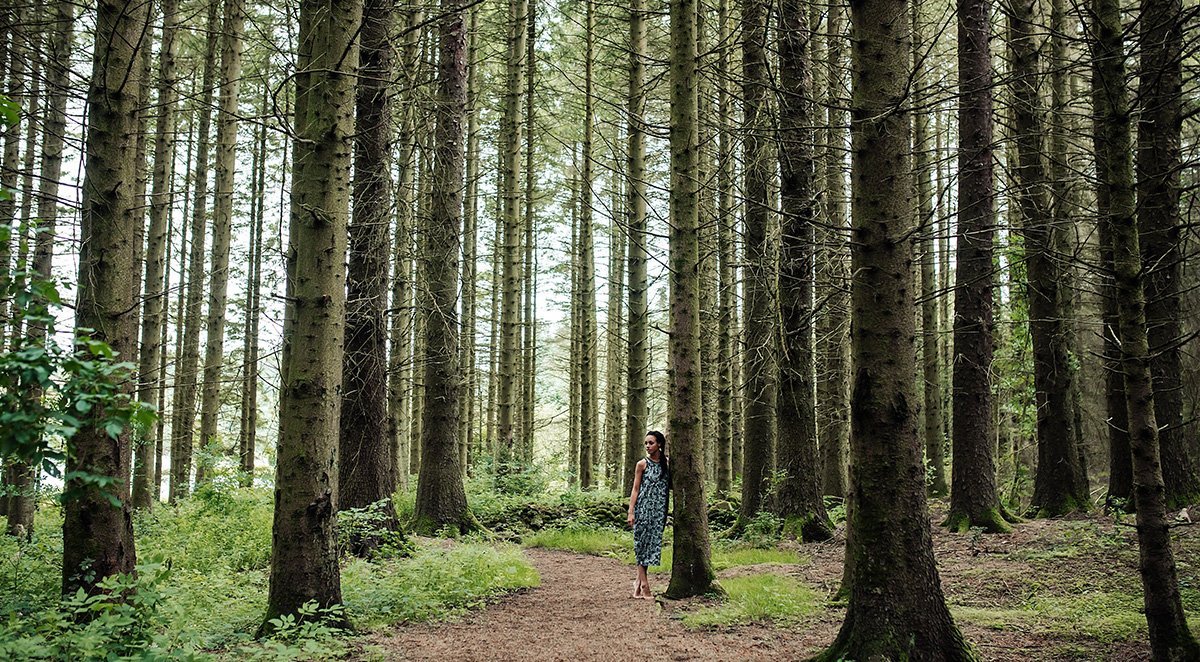
Buy 1 Get 1 Tree! Or should we say: the story of how we planted nearly 10,000 trees. Yep, Ten Thousand! And we’re nowhere near done. We started a No Nasties Grove in Koraput, Odisha a few years ...
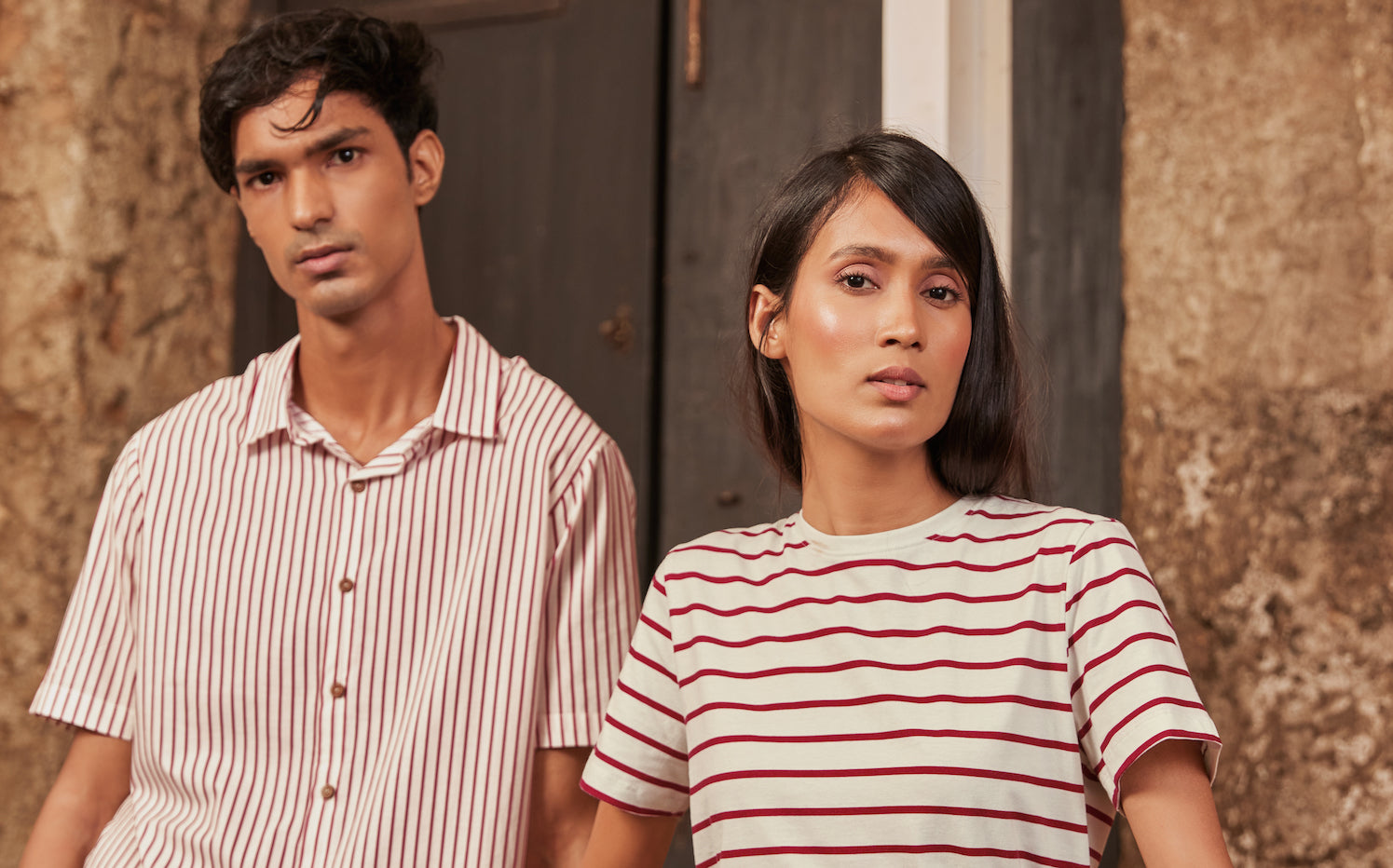
No Nasties cares for the issues cotton farmers face in India. Issues that cause numerous suicides amongst them. But there is an easy solution: Organic Cotton. Read here why farmers in India are suf...
